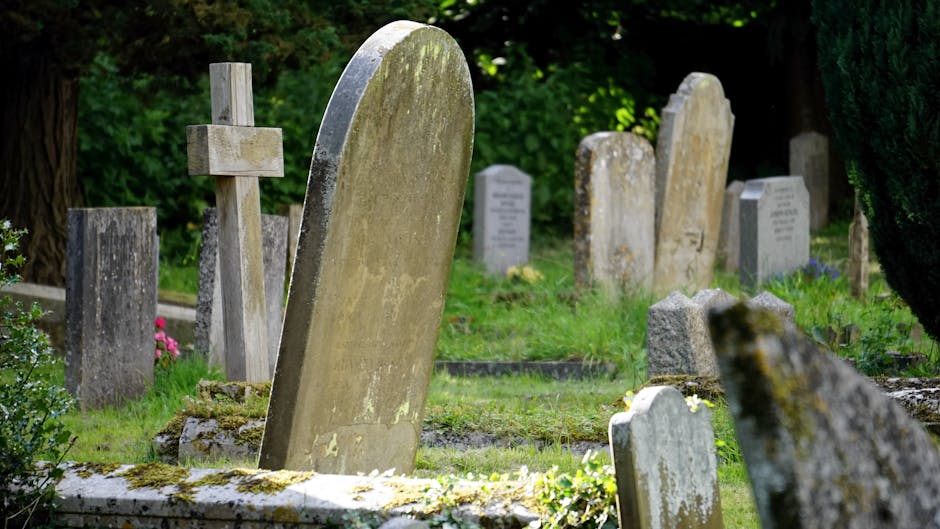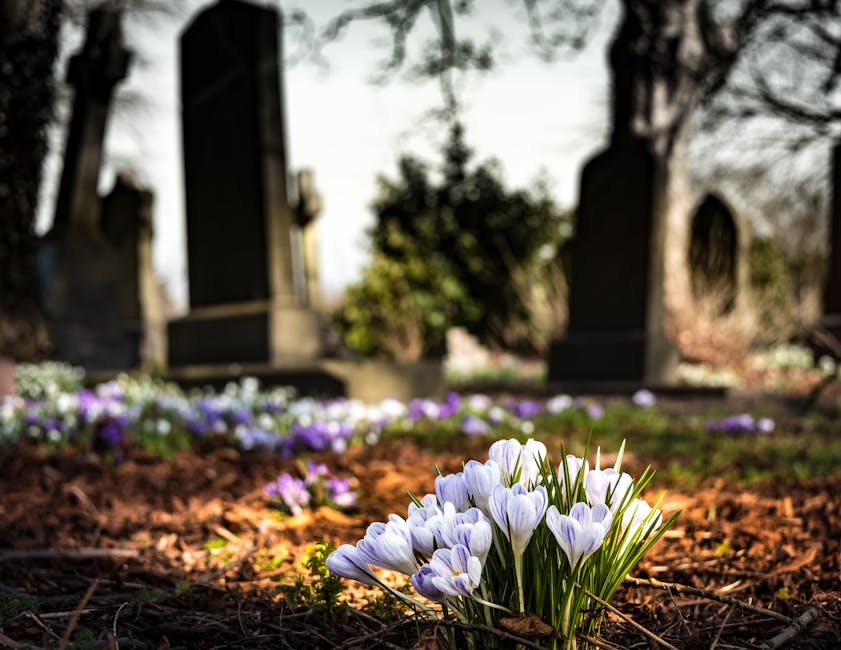Have you ever pondered the fleeting nature of life? The words “Do not stand at my grave and weep” echo a profound truth about the mortal coil. This poignant statement compels us to confront the inevitable passage of time and celebrate the life that has been lived, rather than dwelling on the end.
The passing of a loved one is sorrow that we must all face. It is natural to feel grief, but it is important to find ways to commemorate their life in a meaningful way. Instead of weeping over their absence, let us focus on the love and memories we shared.
The words “Do not stand at my grave and weep” remind us to cherish the present moment and to make the most of our time on earth.
43 – Timeless: Do Not Stand at My Grave and Weep
Ephemeral Memories
In twilight’s hush, where shadows play
Memories of you linger, gray
Fleeting whispers of a love now lost
Echoes that will forever be the cost
Whispers in the Wind
Softly comes the morning dew
Gentle as the tears I’ve cried for you
In every breeze, I hear your sigh
A melancholy lullaby
Beyond the Grave
In darkness, I search for the light
A beacon to guide me through the night
Your memory, a flame that burns so bright
Illuminating the path, a lonely sight
Forgotten Dreams
In slumber, I find solace deep
Where visions of you my soul do keep
Though dawn awakens, and I must part
My heart remains, forever in your heart
Silence of the Heart
The silence is a heavy chain
That binds my heart, in grief and pain
In every moment, I yearn to speak
But words are lost, like autumn leaves that seek
Lost in Eternity
In the vast expanse of time and space
I’m lost, without a gentle face
Yours, the only one that brought me peace
Now, in eternity, my heart does cease
Enjoying these poems? You can also create your own poems with our Advanced AI Poem Generator.
The Whispering Leaves
In autumn’s hue, the leaves do whisper low
Secrets of the past, in whispers slow
Of memories that linger, long after gone
Echoes of a love, that was never known
Fading Light
The sun sets slow, its fiery glow
Fades to a spark, as darkness grows
Night’s veil descends, with silent creep
And in the darkness, tears do keep
After the Storm
The tempest rages, wild and free
But when the winds die down, and calm can be
The sun breaks through, with radiant beam
And in its light, hope’s promise seems
The Lonely Road
I walk alone, on this winding way
With footsteps quiet, in the still of day
The world is vast, with secrets untold
And in its silence, my heart grows old
The Forgotten Garden
A garden hidden, where flowers bloom
In secret places, where few have swoon
The scent of roses, on the breeze doth play
And in its beauty, my heart doth stay
When Morning Dawns
The world awakens with the sun’s warm touch
As morning dew kisseth every gentle hue
The night’s soft whispers fade like mist at dawn
And dewdrops sparkle with the rising light
My heart beats strong with morning’s gentle breeze
As morning hope stretches out its guiding hand
And tho’ darkness still holds sway within
Morning’s rays illuminate the present’s plain
I let go slowly, I bid farewell
Leave whispers quiet in the midnight air
For morning sunbeams shall enthrall my soul
I’ll rise with dawn, and soar beyond my pain
To the Moon’s Whisperings
Softly whispers the moon above
A melody of silver streams and love
A cosmic dance of gravity’s gentle sway
As orbiting satellites take flight by day
Her midnight face, with eyes aglow
A vision shared with all who care to know
Fades at the dawn, and silent grows
As human tides ebb from her gentle throes
Yet as I close my eyes, her tones I hear
Echoes of a secret wisdom, pure, sincere
Through midnight skies, her message flows
A silver thread of guidance for hearts that know
Most Popular Poems About “do not stand at my grave and weep”
“Do Not Stand at My Grave and Weep” by Mary Elizabeth Frye
This iconic poem is a gentle exhortation to the living, urging them not to mourn the deceased, but to celebrate their life and memory. Frye’s words are a poignant reminder that death is a part of life, and that our loved ones will always be with us in spirit.
“Death is Nothing at All” by Henry Scott Holland
This powerful poem explores the idea that death is not an end, but a transition to a new existence. Holland’s words offer comfort to those grieving, assuring them that the deceased are still present, albeit in a different form.
“When I Am Dead” by Christina Rossetti
In this hauntingly beautiful poem, Rossetti contemplates her own mortality, urging her loved ones to remember her fondly, but to move on with their lives. The poem is a poignant exploration of the human experience.
“Crossing the Bar” by Alfred, Lord Tennyson
This majestic poem is a meditation on mortality, as the speaker prepares to embark on the final journey. Tennyson’s masterful language and imagery evoke a sense of peace and acceptance.
“When Lilacs Last in the Dooryard Bloom’d” by Walt Whitman
In this epic poem, Whitman mourns the loss of President Lincoln, yet finds solace in the beauty of nature and the cyclical nature of life and death.
“Funeral Blues” by W.H. Auden
This poem is a stark and poignant exploration of grief, as the speaker struggles to come to terms with the loss of a loved one. Auden’s words are a powerful expression of the pain and sadness that accompany death.
“Nothing Gold Can Stay” by Robert Frost
In this celebrated poem, Frost reflects on the fleeting nature of life and beauty. The poem is a poignant reminder that all things must come to an end, but that their memory will endure.
“Elegy” by Thomas Gray
This classic poem is a contemplation of mortality, as the speaker reflects on the transience of human life and the beauty of nature. Gray’s words are a powerful exploration of the human experience.
“O Me! O Life!” by Walt Whitman
In this exuberant poem, Whitman celebrates the beauty and wonder of life, while acknowledging its inevitable end. The poem is a powerful expression of the human spirit.
“The Dying Christian to His Soul” by Alexander Pope
This poem is a poignant meditation on mortality, as the speaker prepares to bid farewell to his mortal coil. Pope’s words are a powerful exploration of the human experience.
“Let Me Go” by Christina Rossetti
In this gentle poem, Rossetti urges her loved ones to let her go, to release her from their grief and sorrow. The poem is a poignant exploration of the human experience.



